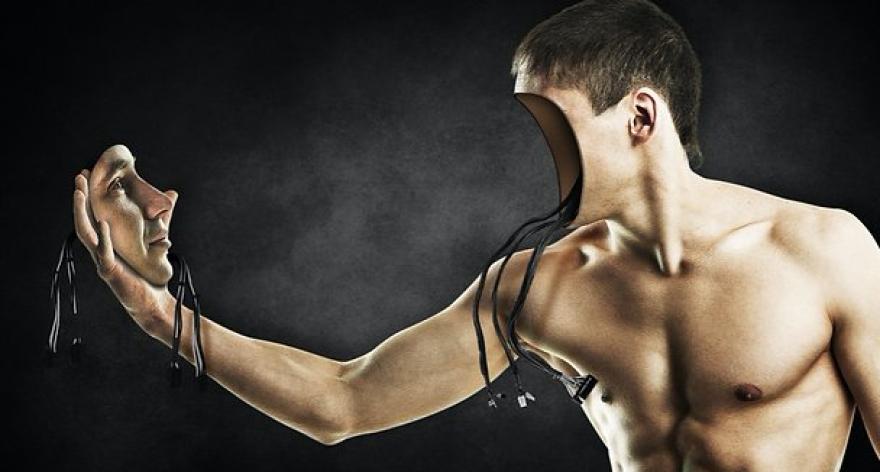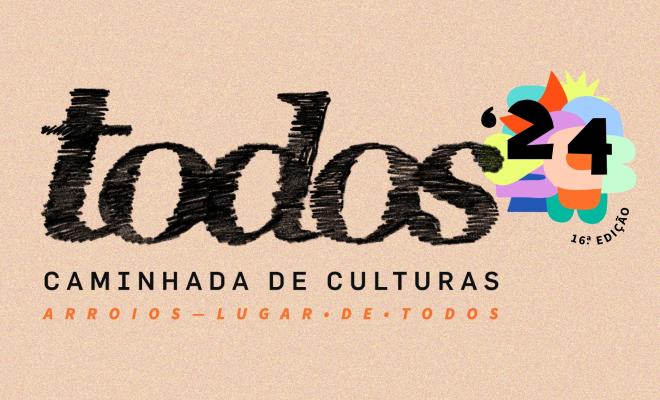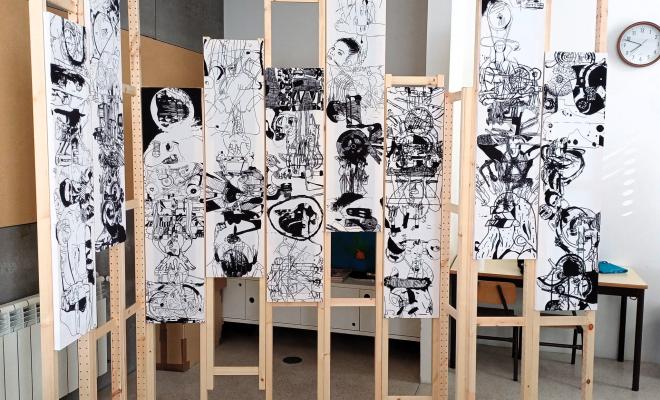
The EXCEL project examines enhancement technologies as bio-investment practices geared towards enhancing personal competitiveness based on a framework of excellence. It interprets bodily and cognitive alterations as processes of self-development. By concentrating on the Greater Lisbon area and considering the national and transnational influences on this context, we intend to augment existing statistical and bioethical analyses with qualitative, ethnographic data to unravel the complexity of these practices. This involves examining the interplay between subjectivity, body management, and citizenship.
The technological capacity to transform biology, driven by advances in genetic engineering, pharmacology, bioengineering, cybernetics, and nanotechnology, has given rise to a variety of devices designed to manipulate bodily forms and human functions, commonly referred to as "enhancement technologies." This category encompasses cosmetic biotechnologies as diverse as aesthetic plastic surgery, skin bleaching treatments, smart and lifestyle drugs, hormonal therapies, and biohacking implants. These technologies aim to improve human characteristics, including physical appearance and cognitive performance, irrespective of the presence of a formal pathology diagnosis.
Motivated by economic analyses highlighting an increase in the consumption of cosmetic biotechnologies in Portugal during the global financial crisis and inspired by empirical and bioethical studies that explore the risks, limits, and future prospects of body manipulation, this research project seeks to critically analyze enhancement technologies within the evolving economic and socio-historical contexts.
Utilizing critical anthropological approaches, we will explore citizenship as a sociocultural process of subjectification, encompassing self-improvement and the influences shaping one's identity. The objective is to bridge the micro-dynamics of specific forms of bio-investment by exploring practices and aspirations related to biomedical self-improvement with the emergence of new markets and transnational circuits associated with cosmetic medical tourism.
The EBANO Collective is an artistic and curatorial group that specializes in conducting site-specific projects and urban interventions through art, supported by ethnographic research. It is also a member of the Anna Lindh Foundation's Portuguese Network. Through collaborations between artists and social scientists, EBANO develops participatory public art projects that address local community issues and broader social and urban questions.

